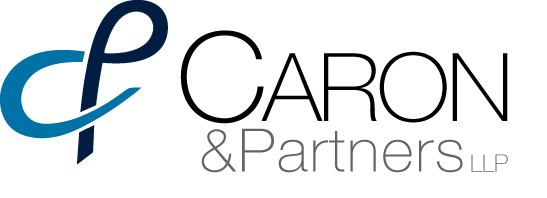Prepared By Paul J. Caron, Q.C.
The content of this article is intended to be informational only. We caution you against using or relying upon any information contained in this article without first seeking legal advice regarding your particular matter. All matters arising from the use of our website, including this article, shall be governed by Alberta law and shall be within the exclusive jurisdiction of the courts of Alberta.
Most homeowners have a silent partner in the ownership of their home - their mortgage lender. So long as you maintain your mortgage you rarely hear from your partner; however, if you default under the mortgage your partner will take steps to terminate the partnership. These steps are called "foreclosure proceedings".
The consequences of these proceedings in Alberta can vary significantly between one homeowner and another depending on the facts. The reason for this variance is that Alberta has unique and complex laws dealing with mortgage foreclosure.
The general rule in Alberta is that in the event of default the mortgage lender's remedy is restricted to foreclosure against the land and the lender is unable to enforce any covenant in the mortgage against the borrower personally. In other words, the borrower is not liable to the lender for any deficiency that may exist after foreclosure. This is the opposite to the legislation in other jurisdictions in Canada with the exception of Saskatchewan. Alberta, however, has created some very significant exceptions to the general rule.
CMHC Insured Mortgages
If the mortgage is insured against loss by Canada Mortgage and Housing Corporation (CMHC) the borrower remains liable to the lender for the deficiency. In addition, this liability does not cease if the borrower sells the property to a third party who assumes the mortgage. Also this liability passes to the new purchaser and so on down the chain of title no matter how many times the property is subsequently resold so long as the mortgage is assumed by each new purchaser.
Mortgages Granted by Corporations
If the mortgage is granted by a corporation as opposed to an individual, the mortgage lender is not restricted to recovery of the land but can sue the corporation for the deficiency.
Individuals Assuming a Corporate Mortgage
If an individual purchases property and assumes a mortgage granted by a corporation, then the individual inherits the liability of the corporation and becomes personally liable for deficiency judgments unless that individual or a member of his family uses the property as their bona fide residence or uses it in bona fide farming operations. If, however, the individual subsequently enters into an amending agreement with the lender where the mortgage is changed then the protection of the individual is reinstated.
The Courts have determined that if a mortgage is granted jointly by an individual and a corporation the mortgage is not "granted by a corporation" and therefore the general rule applies and neither the individual nor the corporation can be sued for a deficiency judgment.
Personal Guarantees
Individuals may also become liable to mortgage lenders by virtue of personal guarantees of mortgages. Commercial mortgages are usually granted by corporations and the lender usually requires the personal guarantee of the individuals controlling the corporation. Once again, Alberta has legislation regulating guarantees that is unique in Canada. This legislation applies only to guarantees given by individuals. It requires the individual guarantor to appear before a Notary Public to acknowledge that he executed the guarantee, that he is aware of its contents and understands them. The Notary must attach a certificate of this acknowledgement to the Guarantee.
Sometimes the existence of the guarantee relationship is not readily apparent. For example, we had occasion to represent a husband who was the tenant under a lease. The landlord asked the husband's wife, who was the sole owner of the matrimonial home, to grant a mortgage on the home to the landlord securing the husband's debt under the lease. The husband defaulted under the lease and the landlord commenced foreclosure on the wife's land. We successfully argued that since the landlord did not obtain a proper guarantee the mortgage given as collateral to the guarantee was also invalid.
We are currently involved on behalf of another individual who has given a land mortgage to a lender securing a line of credit granted by the lender to a corporation of which the individual is an officer. Without a proper guarantee given by the individual to the lender, is the mortgage valid? We submit it is not.
Conclusion
The law surrounding the enforcement of mortgages and guarantees is particularly complex in Alberta due to this province's unique legislation. It is recommended that parties contemplating these transactions should seek prior legal advice from professionals skilled in these areas before proceeding.

